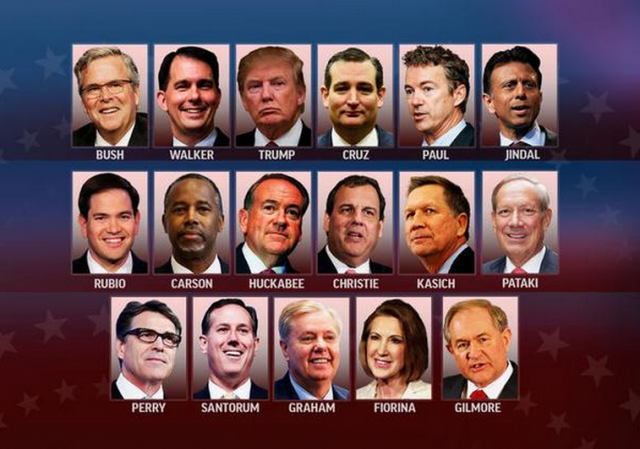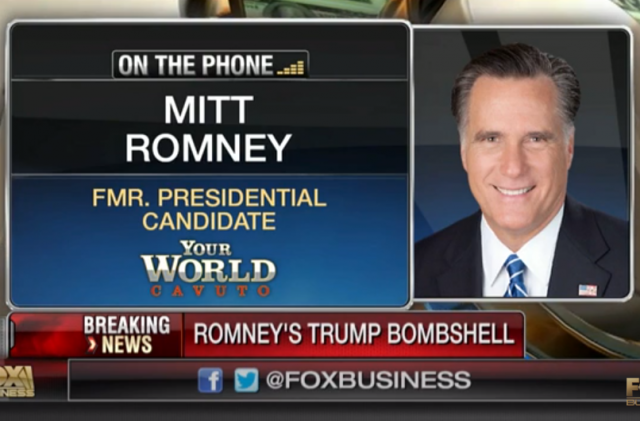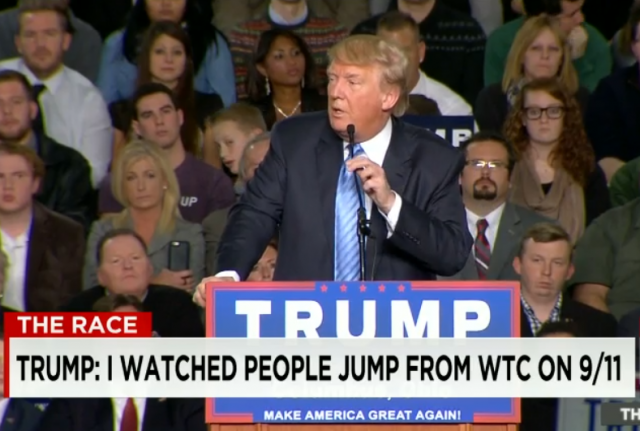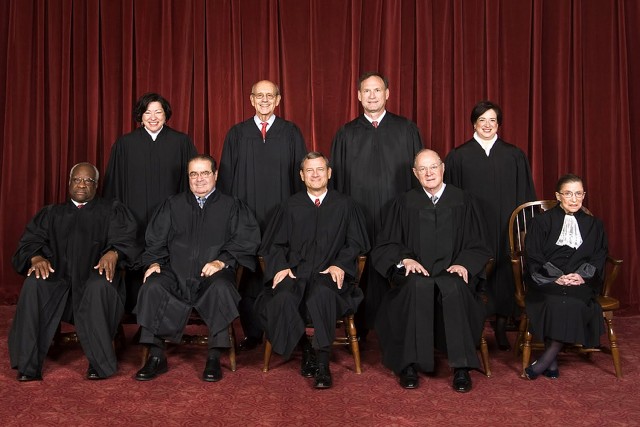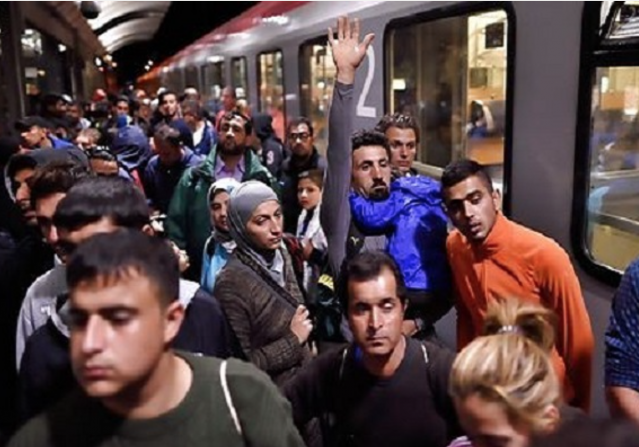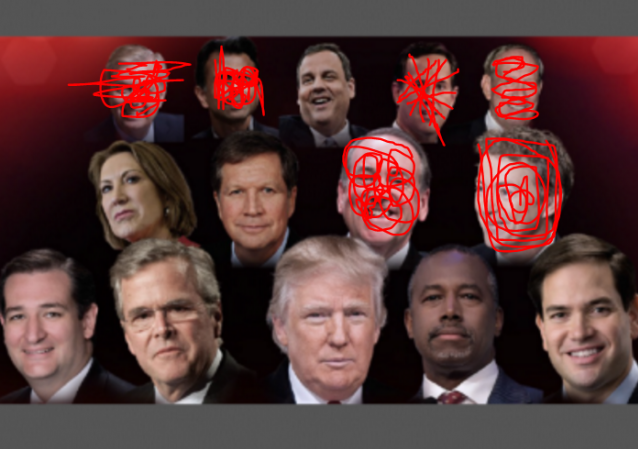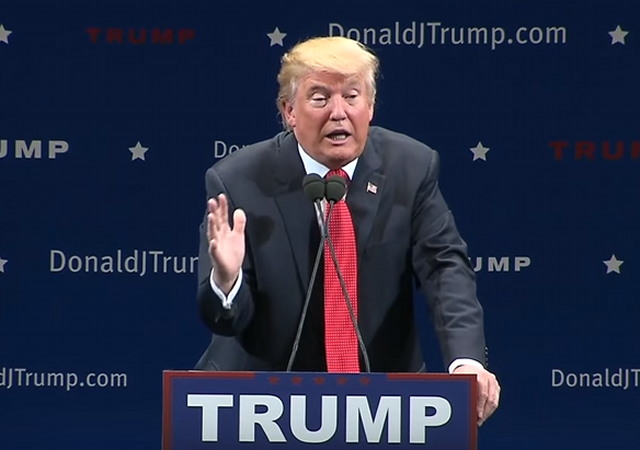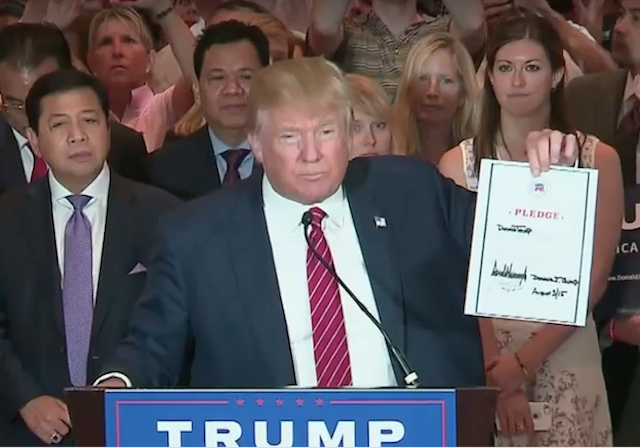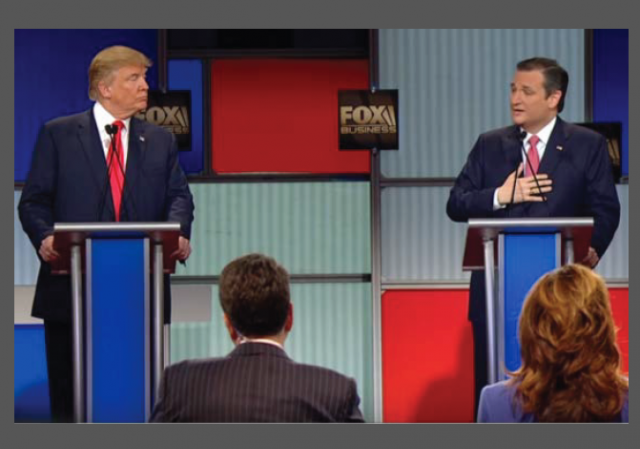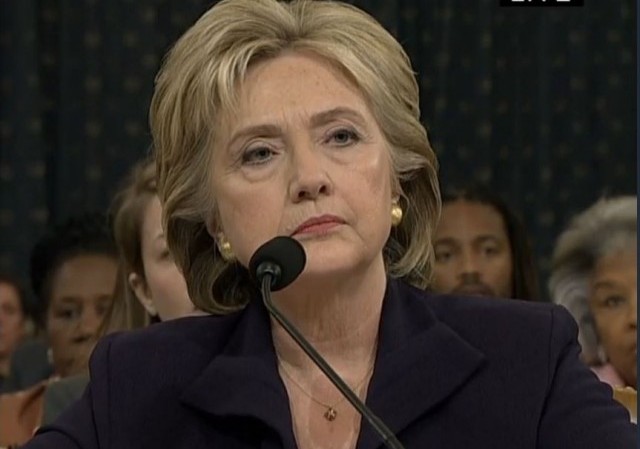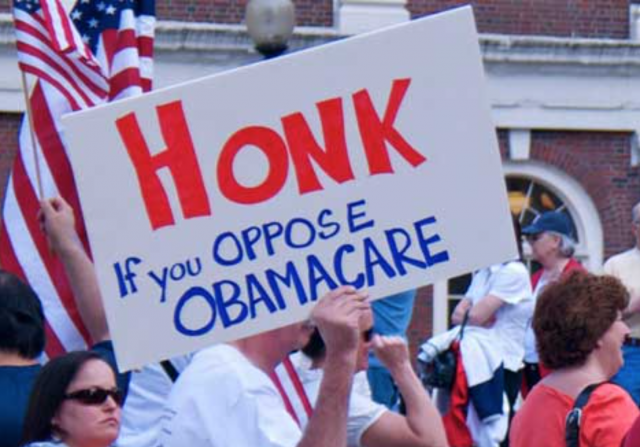Freedom from Boko Haram for some of the kidnapped girls
on April 05, 2016
5 Comments
Some of the Nigerian girls kidnapped by Boko Haram have been freed, but their vale of tears has not ended with their liberation. There are tragedies so deep, suffering so vast, that it's hard to know what to say in the face of them. Certainly it's hard to know what to do, even for those who try to help.
These are young women and in many cases young girls who were initially subjected to the trauma of kidnapping. Then they were raped over and over again, sometimes by different men or sometimes by a particular man who maintained he was that girl's husband. They were kept prisoner, harangued, indoctrinated, and often became pregnant and bore the children of their captors.
For them, even the process of being freed was devastating, violent, and sometimes resulted in the death of some of the captives during the melee. And now that they are free, they are further restricted---to special camps run by the Nigerian army---and ostracized from society.




